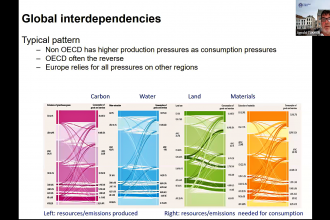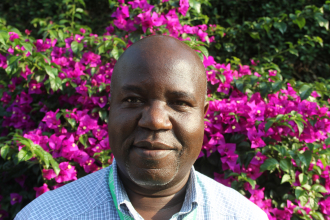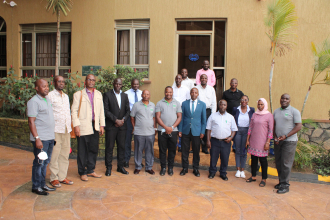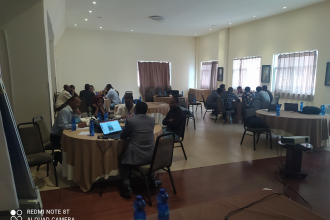Two calls for papers on forestry
To Researchers, Practitioners, and Policy Makers, Compliance and voluntary carbon markets are growing worldwide together with supply and demand for emissions reductions credits from protecting…
To Researchers, Practitioners, and Policy Makers, Compliance and voluntary carbon markets are growing worldwide together with supply and demand for emissions reductions credits from protecting…

EfD-Vietnam participated in the annual Economic & Environment Partnership Meeting for Southeast Asia 2021, focusing on transdisciplinary approaches towards sustainability & enhancing the quality of…
PDRI Conference on Climate Change & the Environment PDRI is inviting paper submissions for an online conference that will be held on Thursday, May 12, 2022. The conference will explore socio-economic…

The Inclusive Green Economy program presented an unusual opportunity for knowledge sharing by bringing together groups with different backgrounds and skills. People in different stages of their…

Today we celebrate International Women's Day. We do that to mark and celebrate the social, economic, cultural, and political achievements of women and raise awareness about women's equality and…

On March 15th-18th 2022 the EfD-Mak center held a strategic planning meeting to write the strategic plan for the next five years to ensure that there is proper environmental management in Uganda…

EfD Ethiopia, ECRC, organized a training-of-trainers workshop on March 1, 2022. The workshop was part of the Inclusive Green Economy program (IGE), a capacity development program for civil servants in…
We welcome Stefan Ambec as the next speaker in the EEU seminar series. Stefan is a professor at Toulouse School of Economics and the Director of TSE Energy and Climate Center, and his research…
In this uncertain era of climate change, any strategy that can increase farm yield in resource-poor, rain-fed, agriculture-dependent regions, like sub-Saharan Africa, should be explored. Our study takes place in Namibia, a typical sub-Saharan African country exhibiting dry and vulnerable characteristics. Our estimation strategy is robust to selection bias caused by unobserved systematic differences and further validated by robustness tests to estimate the impact of joint decision-making on farm productivity and household outcomes.
Households in developing countries are subject to considerable risk and shocks, but most don’t have the ability to deal with them using formal mechanisms. We use five rounds of South African NIDS panel data and investigate the impact of shocks on the mental health of individuals. We find that experiencing idiosyncratic shocks, such as the death of a supportive family member and loss of assets, has significant negative impacts on mental health.